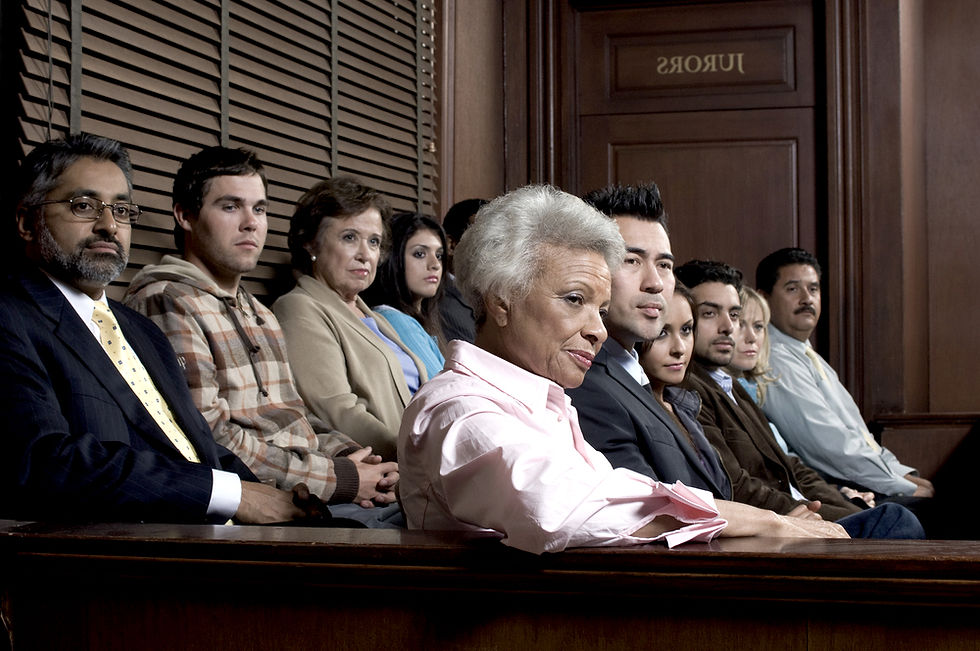WITNESS PREPARATION CHECKLIST
- Angela Dodge

- May 1, 2023
- 2 min read
Updated: Aug 4
Preparing for litigation can be a stressful experience, especially if you have a witness who will be giving testimony. Witnesses must be ready to answer questions about their experience and knowledge, which can make them feel vulnerable. To ensure that the witness is confident and ready for the experience, a checklist is often used to assess their readiness.
This checklist includes several characteristics that an ideal witness should have, including litigation experience, personal appearance, demeanor and confidence, attitude and preparation, level of stress/emotional control, listening skills, response patterns, competence, compassion/juror appeal, and overall expected performance. By checking off each item on the list, witnesses can be better prepared for their testimony and ensure that they present themselves in the best possible light. Lawyers can also further assess which qualities the witness would need to work and improve on.

In this blog post, we'll take a closer look at each of these characteristics and how they contribute to an effective witness. You can use the checklist to assess your witness prior to litigation.
Ideal Witness Characteristics
Litigation experience: prior experience with depositions, has given testimony successfully as a witness at trial; has received prior training/coaching in witness effectiveness.
Personal appearance: appropriate dress, good grooming, professional appearance, absence of nervous gestures or facial grimaces, accent or speech impediment? age/maturity an issue?
Demeanor and confidence: good posture, good volume, emotionally composed, good eye contact and attention, self-assured but not arrogant, not easily “baited” or gullible, avoids attempts to please or ingratiate.
Attitude and preparation: positive and cooperative, no overt animosity toward opposing party, no overt animosity toward other parties, no defensiveness or hostility; familiar with records/documents involved.
Level of stress/emotional control: minimal nervousness, no nervous gestures, remains cool under fire, controls negative emotion; not obsessing or ruminating about issues in case, avoids talking too much as a mask for anxiety.
Listening skill: listens to entire question, pauses, avoids “out listening” and “challenge listening,” avoids anticipating or improving questions, catches ambiguities or compound questions, catches inflammatory language and embedded assumptions, appears attentive to questioner.
Response patterns: asks for clarification, uses own words, avoids simple agreement, gives succinct responses (no rambling or tangents), gives detail when necessary, does not admit to errors or mistakes, offers no opinions outside area of expertise, challenges embedded assumptions, refuses to guess or speculate, avoids over-explaining, appropriate teaching and use of visuals (if preparing for trial).
Competence: knowledgeable in area of work or specialty, current on certifications or licenses, experienced, good memory.
Compassion/juror appeal: appears sensitive and compassionate, uses opposing party’s name, avoids “distancing” and professional jargon, personable.

Overall expected performance/Notes:
Prepare Your Witness Using This Checklist
In conclusion, being a witness in litigation requires more than just knowledge and expertise in a specific area. It also requires preparation, confidence, and the ability to communicate effectively. By using a witness preparation checklist to assess these characteristics, witnesses can ensure that they are ready to provide accurate and reliable testimony, and make a positive impression on the judge and jury.



Comments